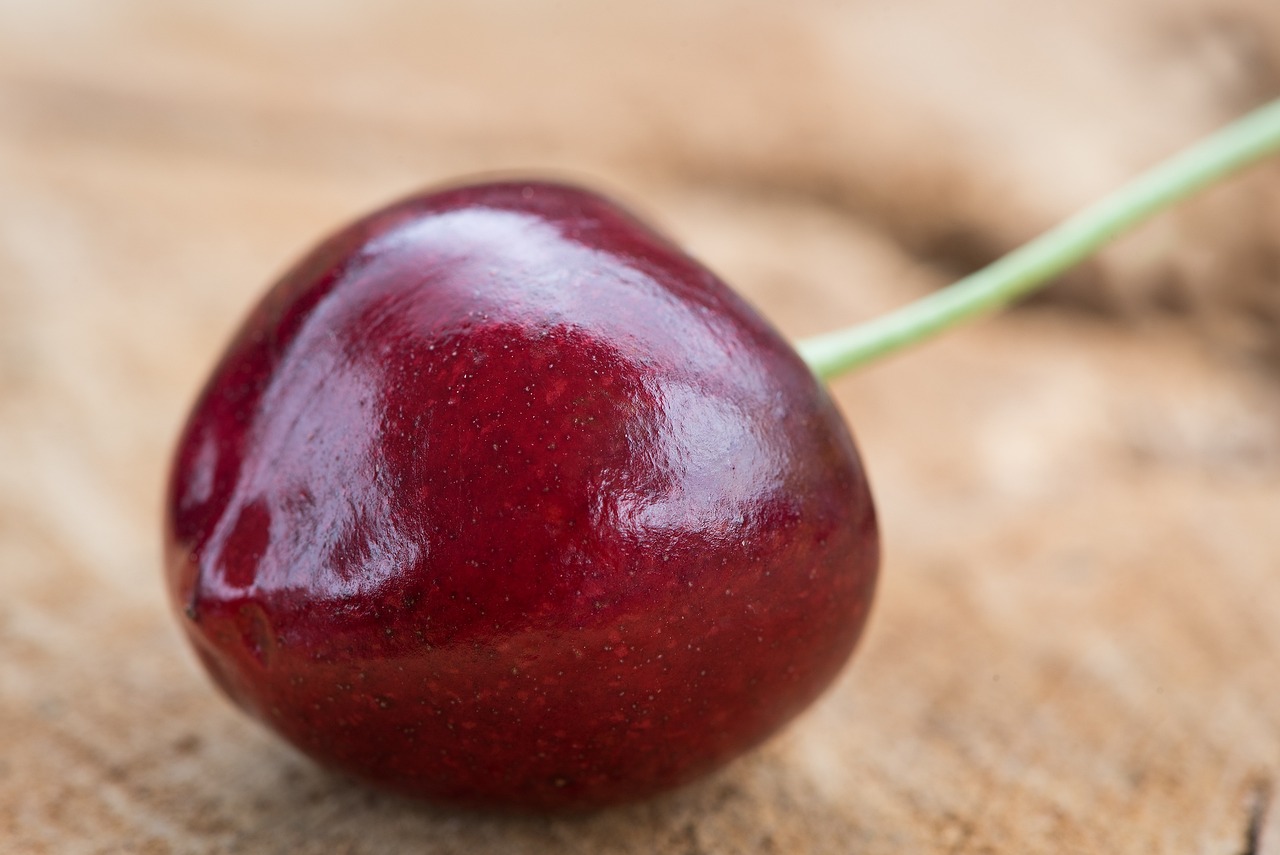The Health Benefits of Fermented Vegetables and Pickles
Fermentation is a natural process that has been practiced for centuries to preserve food and enhance its flavor. During fermentation, microorganisms such as bacteria, yeast, and molds break down sugars and carbs in food, producing compounds like alcohol, lactic acid, and acetic acid. These compounds not only give fermented foods their unique taste but also help increase their shelf life.
One of the key benefits of fermentation is the production of probiotics, which are beneficial bacteria that promote a healthy gut microbiome. Consuming fermented foods can help improve digestion, boost immunity, and reduce inflammation in the body. Additionally, fermentation can also increase the bioavailability of nutrients in food, making it easier for our bodies to absorb essential vitamins and minerals.
Boosting Gut Health with Fermented Vegetables
Fermented vegetables have gained popularity in recent years due to their potential health benefits. The process of fermentation involves the breakdown of sugars and starches by bacteria and yeast, resulting in the production of lactic acid. This lactic acid helps in preserving the vegetables and also promotes the growth of beneficial bacteria in the gut.
Consuming fermented vegetables can help improve gut health by balancing the gut microbiota. These beneficial bacteria play a crucial role in supporting digestion, nutrient absorption, and overall immune function. Additionally, fermented vegetables are a good source of probiotics, which can help alleviate symptoms of digestive disorders and promote a healthy gut environment.
What is fermentation?
Fermentation is a process in which microorganisms, like bacteria and yeast, break down sugars and carbohydrates in food to produce beneficial compounds like lactic acid, which helps preserve the food and promotes the growth of good bacteria.
How does fermentation boost gut health?
Fermented vegetables contain probiotics, which are beneficial bacteria that can help improve digestion, boost the immune system, and promote overall gut health. These probiotics can help maintain a healthy balance of bacteria in the gut, leading to better digestion and a stronger immune system.
What are some examples of fermented vegetables?
Some examples of fermented vegetables include sauerkraut, kimchi, pickles, and fermented carrots. These vegetables are rich in probiotics and can be easily incorporated into your diet to help improve gut health.
How can I incorporate fermented vegetables into my diet?
You can enjoy fermented vegetables as a side dish, add them to salads or sandwiches, or even use them as a topping for tacos or bowls. You can also try incorporating fermented vegetables into your cooking, such as adding sauerkraut to a stir-fry or using kimchi as a flavoring for soups.
Are there any risks associated with consuming fermented vegetables?
While fermented vegetables are generally safe to consume, some people may experience digestive issues like gas or bloating when first incorporating them into their diet. It’s always a good idea to start slowly and gradually increase your consumption of fermented vegetables to allow your body to adjust. If you have any concerns or underlying health conditions, it’s best to consult with a healthcare provider before making significant changes to your diet.







